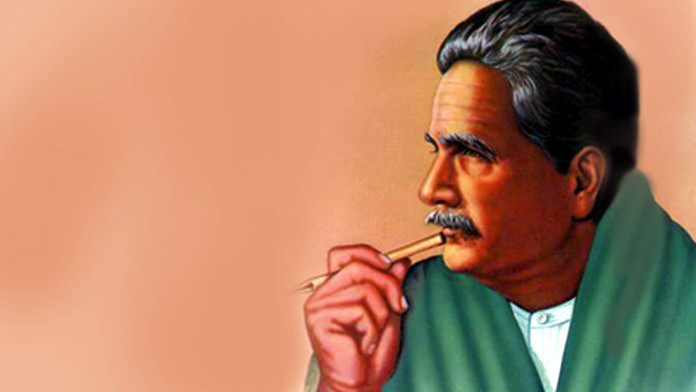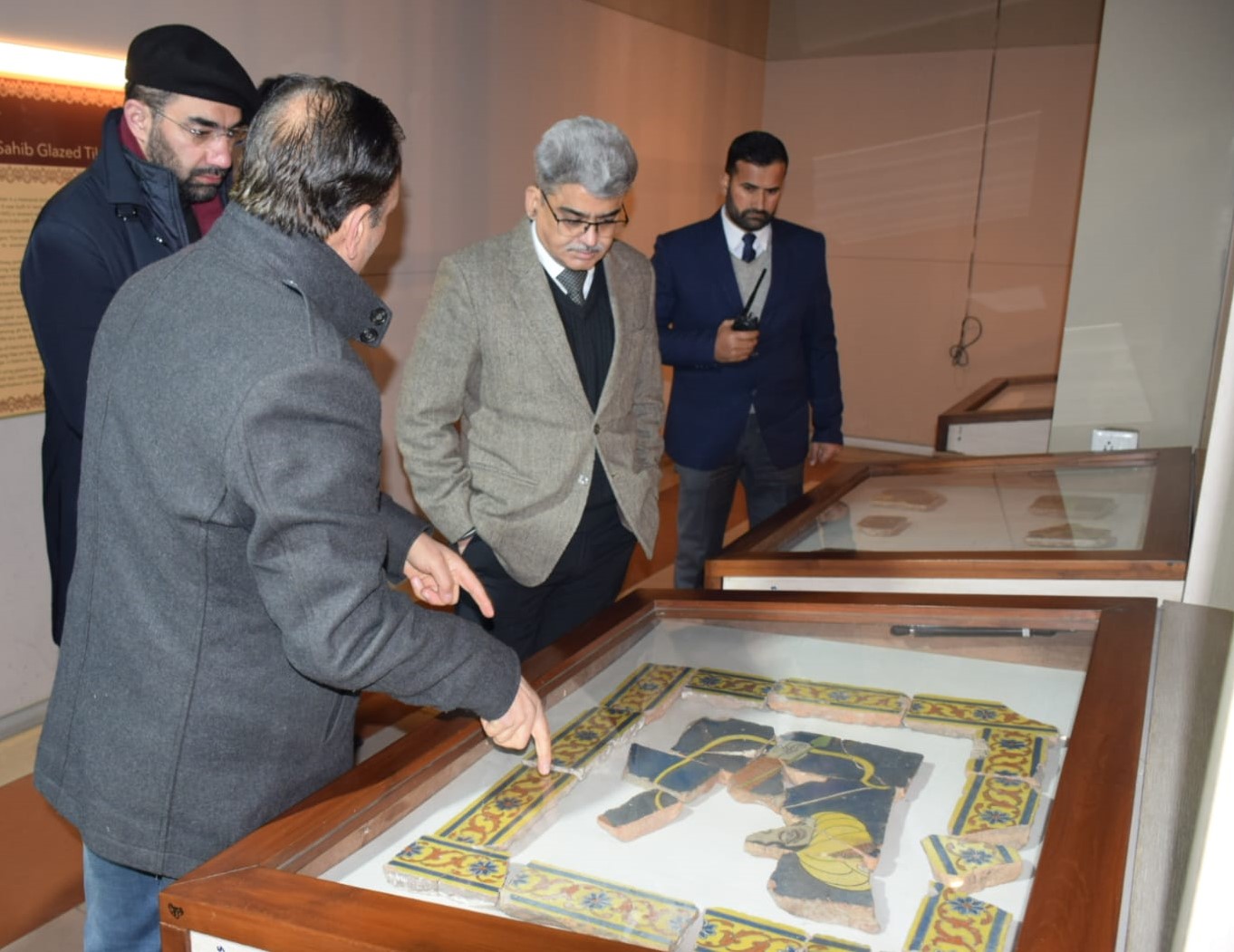Its effect on the prices of Goods
By: Abbas Ali
When a person possesses the right to receive a specific amount of money on demand or after a fixed time from another person or receive any service from him, this right is known as the goodwill right. For example, suppose I buy a commodity from a business person on the contract that I will pay some amount of money after a specific period. The businessperson can use the help of the law to get money from me. According to the same theory, if I buy a stamped envelope from a post office, it would mean that I have goodwill in the post office that my letter will reach a certain destination. I would never buy the envelope if I did not have the goodwill. This is as if, against my money, I bought my money in exchange for the goodwill from the post office.
We have already discussed that in civilized countries, goodwill, and other rights are used as capital, which increases the country’s national capital many folds. If it were not so, then the big social welfare projects, e.g., railways and water supply, would not have been accomplished because, in such projects, a huge amount of capital is required, which generally an individual cannot provide. Some people collaborate and, based on their goodwill, get money from others and, with this collective effort, undertake profitable mega projects and create further wealth.
Some scholars insist on the opinion that the personal goodwill of an individual is not included in the wealth of that individual. However, this opinion is entirely wrong. Every commodity that possesses purchasing power is wealth. And because, with the mediation of goodwill, items can be bought similarly to what they are bought with the mediation of money, goodwill also possesses purchasing power. Therefore, the clear conclusion is that goodwill also is wealth. It is such an opinion that nobody can deny.
The purpose and objective of the goodwill is to extend the business cycle. For example, suppose that I buy the writing rights of a book. The money I gave against the said right, I gave with the expectation that with the possession of this right, I will earn profit in the future. Had I not the expectation, I would never have bought it. In other words, we can say that the money I paid is the price of the profit I expect from possessing the right. Therefore, due to this goodwill, the price of this profit also came within the cycle of business or buying and selling, which is yet to be received. According to the same theory, when I buy shares of a company, my objective is to expect profit from the purchase of the shares of the said company. If I did not have trust in the said company, I would never have bought the share of the company. Therefore, due to the company’s goodwill, the price of the future profit of the shares (i.e., the money I paid for the share at present) also came within the business cycle. Therefore, the purpose of the goodwill is to bring the price of the futuristic profit within the business cycle. A French writer has aptly said, “Man wins place with the help of trade and time with the help of goodwill.”
Because goodwill and its different types, i.e., bills of exchange, cheques, bank notes, etc., are substitutes for money, in the case of wholesale business, their use is particularly beneficial. Sometimes, it so happens that a single bill of exchange changes the hands of many businesspersons and defrays their business requirements just like money does. For example, suppose that B took a bill of exchange worth Rs 1000 from A. B signs the bill of exchange at its back and can buy goods worth Rs 1000 from C. In the same way, C can sign it back and purchase goods from D. The process can occur continuously many times. From the example, it is clear that the bill of exchange has the purchasing power of money and has the same effect on buying and selling as that of money. Therefore, so long as the bill of exchange remains in use, it will be considered the substitute for Rs 1000. Because if the bill of exchange and the other forms of goodwill were not used, it is clear that for buying and selling money would have been required.
We have already stated that the prices of the goods depend upon the quantity of money in use. If the amount of goods remains the same and the quantity of money increases, it is obvious that the prices of the goods will increase. Because due to the decrease in the amount of money, its value will increase. It would mean that against that quantity of money, we can get huge quantities of goods. As the amount of commercial goods in a country rises, or in other words, as new opportunities for buying and selling emerge, the need to increase the quantity of money in use is felt. In countries where human life and property are safe in all respects, different forms of goodwill are brought into use to meet this requirement. Because they fulfil all those tasks, money does. Or if the bills of exchange or the other forms of goodwill were not brought into the business cycle, we would have to increase the quantity of money in use. Otherwise, due to the increase in the value of money, the prices of goods would decrease. Therefore, it is obvious that the buying and selling, which takes place with the help of bills of exchange or other forms of goodwill, would have taken place with the help of money. Out of two results, one would emerge: either a greater quantity of money will be put to use, or the prices of the goods will decrease.
However, we should remember the effect of bills of exchange, which tell upon the prices of the goods; its reason is not that the bill of exchange has any special quality. A Bill of exchange or any other form of goodwill cannot affect the prices of the goods. Rather, the effect is the result of that goodwill of which the said bill of exchange is a written proof. The accounts of the customers, which are recorded in the ledgers of the businesspersons, can similarly affect the prices of the goods because it is also a form of goodwill. Yes, there is a degree of difference. Like a bill of exchange, the account in the ledger cannot change hands. Therefore, it does not have the ability that we can buy commercial goods with its help. This phenomenon is the reason that the effect of the account is limited to the price of goods.
There is one more effect of goodwill: it enhances the purchasing power of an individual or a country. If goodwill were not used in the buying and selling, the current demand for the goods would have been much less. It is the appearance of goodwill that, at certain times, the demand for a commodity increases infinitely. In 1829 AD, when our government had some dispute with China, most people opined that the supply of tea would decrease. Therefore, its prices would increase many folds. Therefore, most of the shopkeepers wanted to increase the stock of the said commodity and earn profit at the appropriate time. A shopkeeper had a financial capital of only 1200 pounds, which he had invested in his business. However, he devised a strategy in which he bought tea in huge quantities against the three-monthly bills of exchange in his name from the businesspersons with whom he had goodwill for many years. Before the conclusion of the period for the bills of exchange, the price of the tea increased many times; the said shopkeeper earned a lot of profit. Had there been no goodwill, the shopkeeper would not have the purchasing power, which proved too profitable for him.
Ilm-ul-Iqtisad
Part-3 Chapter-6
Aetibaraur us kiMahiyat
Abbas42@rediffmail.com





